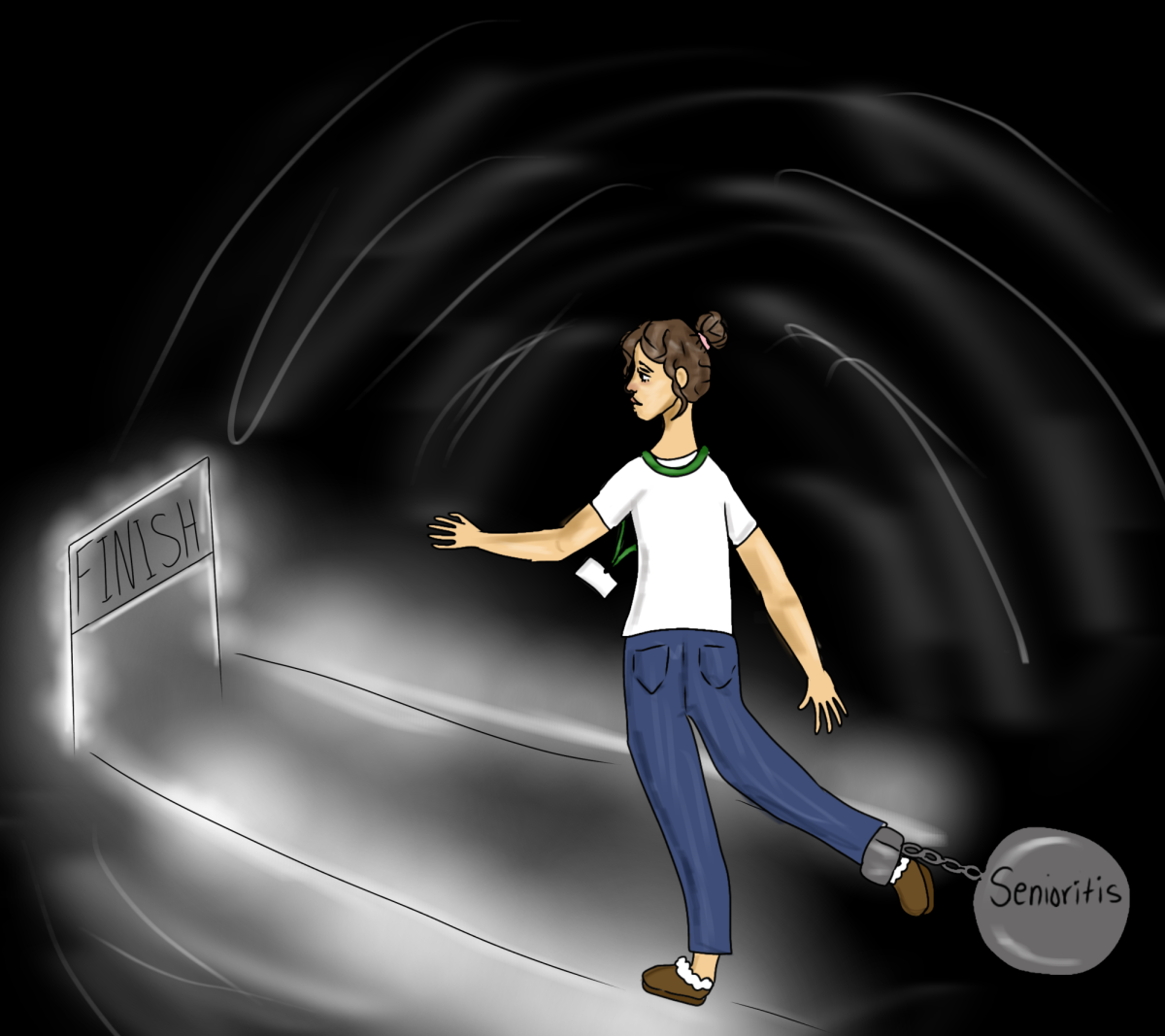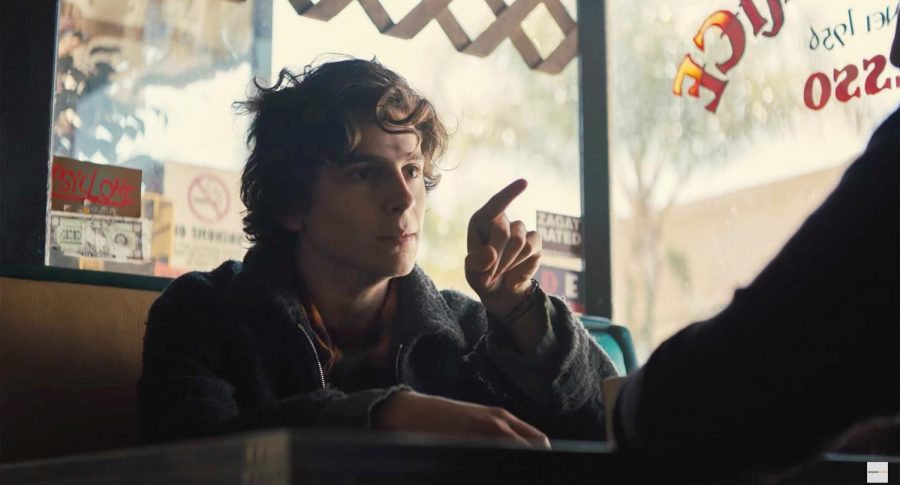Beautiful Boy: A Beautiful Movie
The movie was over, the credits rolled, yet the theater stayed silent. I think I speak for the entire audience when I say that every heart remained pounding and every mouth was left speechless.
Here are some words to describe the film Beautiful Boy: powerful, moving, intense, heartbreaking, REAL. The story of Nicolas Sheff is not one of rarity nor is it one of Hollywood glamour, romance, or fiction.
Portrayed by Timothée Chalamet and Steve Carell, the memoir follows the lives of Nicolas and his father, David Sheff. At the age of 18, Nic ventured into the perilous world of methamphetamine addiction. The movie follows his life on drugs during the years following.
A drama with such depth and intensity is never easy to watch and even harder to relate to. As a freshman in high school, never having drugs, I expected to watch this movie objectively. However, this was not the case. The impressive acting and screenplay made it difficult, if not impossible, for the viewer to watch this without emotion and empathy. Nic’s pain is palpable, and his fight for sobriety is fervent.
While audiences often interpret loud dialogue as a climactic moment in film, Beautiful Boy proved this wrong scene and scene again. The moments of intense silence and strong tension contributed to the depth of this film. Although many moments lacked conversation, I never once lost interest, and I found myself completely immersed in the film throughout the entire two hours.
As I contemplated the meaning of this film, I caught myself taken aback by the profound symbolism that so regularly overtook the script. One scene that particularly stood out in my mind was one that many may overlook. Towards the beginning of the movie, a young Nic and his father, David, go surfing together. They enter the water as the waves progressively increase in size and force. David loses sight of Nic and feels a sudden pulse of panic. He begins to fear the worst, as he screams Nic’s name and receives no response. To David’s relief, Nic reappeared, riding the biggest wave with ease. This scene foreshadows and parallels David’s future concern for his son’s self destructive drug addiction and then Nic’s eventual path to recovery and sobriety.
What struck a chord most within me was the film’s ability to reenact a true story while preserving the harsh reality of the subjects that the movie covers. Unlike many Hollywood productions, Beautiful Boy sustains the reality of drug abuse and the ugliness that it creates. Chalamet’s reenactment of Nic’s battle with crystal methamphetamine was portrayed with accuracy and sincerity. Without giving too much away, I greatly appreciated the movie’s end. It does not sugarcoat anything, and it resolves as most drug addictions do: with uncertainty.
One rather insignificant criticism I have of this movie would be the lack of time frame. Throughout the movie, I was often wondering, “How many months/years have passed since…” The audience was never given a year or an age to date the passage of time since the movie began. For example, the beginning shows Nic starting with addiction. He then momentarily recovers and goes to college. About two scenes later, he has relapsed and has to leave school. It never says how long he was at college, and it makes it confusing to follow the timeline.
Another aspect of the movie that I loved was how it shows that addiction does not have a face, age, race, or social class. Nic comes from a loving family who did well financially. When he first started doing crystal meth, he was only 18 and was on a path to success. He was accepted to all of the six colleges he applied to. He was a young, smart kid with a talent for writing and drawing. Nic had a seemingly perfect life, until the drugs took over everything.
All in all, the movie was amazing, and I feel that it should be seen by everyone. Beautiful Boy holds so many important lessons and shows the unconditional love between Nic and his father. His journey through drug addiction carries true pain, shame, and above all else, love.

I am the editor-in-chief of the Horizon newspaper and a member of the Class of 2022. I am also the captain of the LHS Speech, Debate, and Model Congress...





































